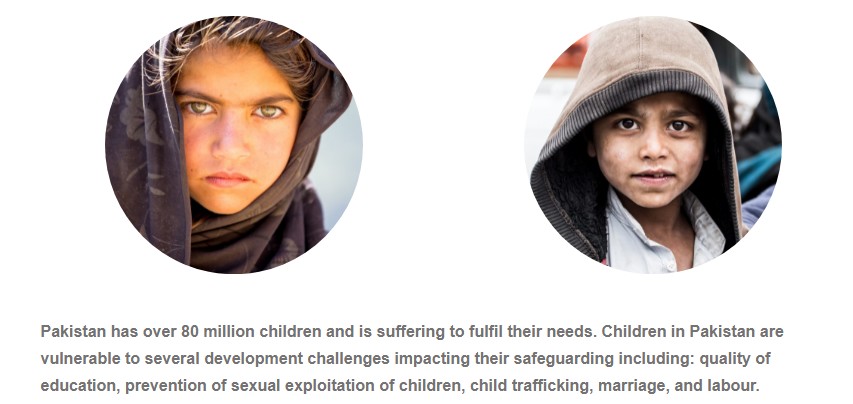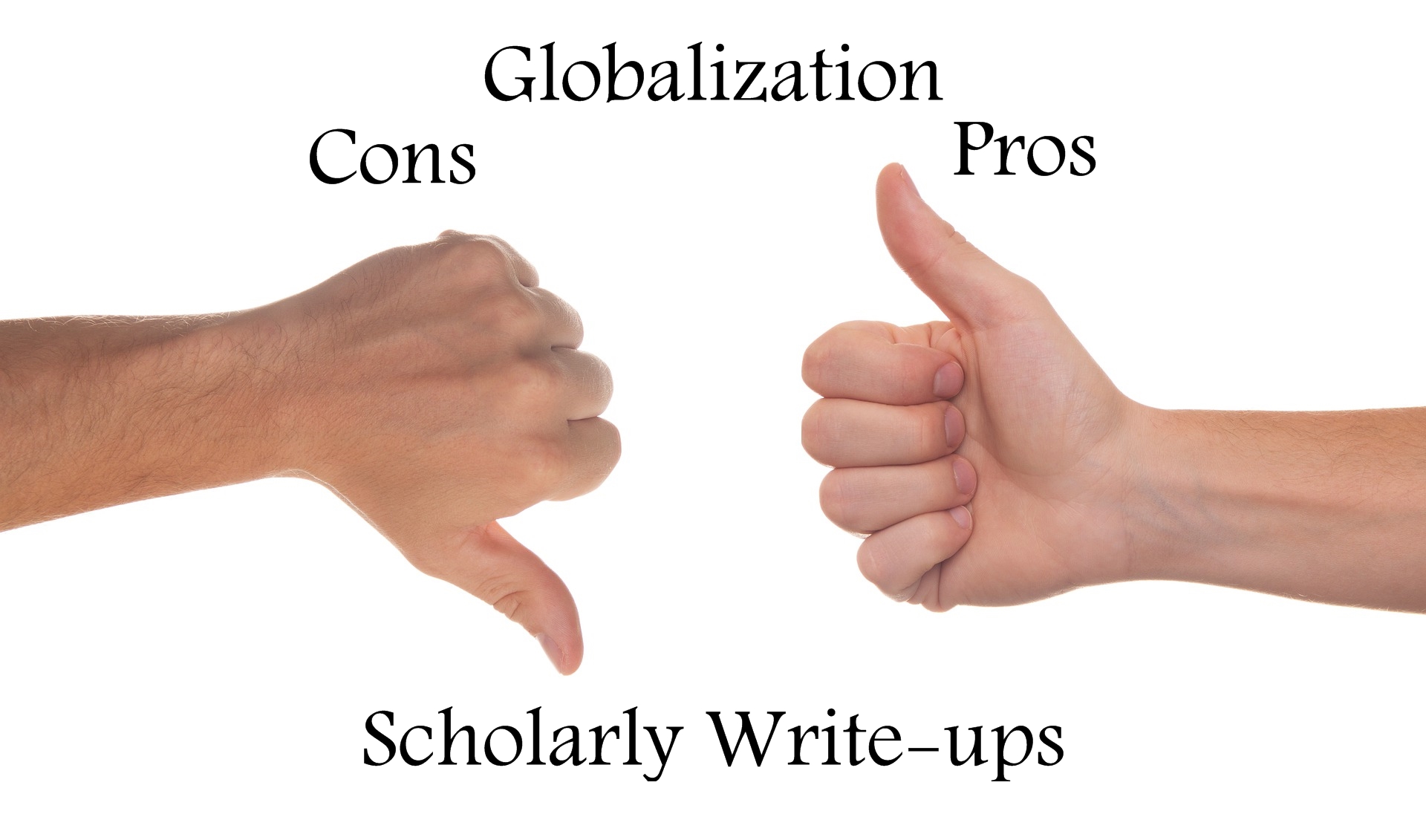Outlines of the English Essay on Child Labour
- Introduction
- Reasons
- Poverty
- Culture of Poverty
- Illiterate Parents
- Over Population
- Government Negligence
- Consequences
- More Illiteracy
- A rise in Social Crimes & Terrorism
- Impacts on Social Development & Progress
- Malnourishment & Health Issues among Children
- More Child Labour in Future
- Suggestions
- Role of Government
- NGOs’ Role
- Role of Media
- Conclusion
Child Labour Essay
Child labour means ‘perforce work carried out by children for sustenance that deprives them of their childhood and their basic rights such as education, mental and physical nourishment, etc.’ According to the United Nations, children employed under the age of 18 would fall under the definition of child labour.
This phenomenon is very common in third-world or developing countries. It is very common to see small children (young boys) working at workshops, restaurants, industries, mills, shops, service stations, etc. in such countries. On the other hand, young girls are mostly involved in domestic work.
According to the 2011 census, 10.1 million children are working in India. Similarly, around 12.5 million children are working in Pakistan. As per global estimates, 152 million children – out of which 64 million girls and 88 million boys – are in child labour globally.
There are multiple reasons and factors that give rise to child labour. As it is considered an evil in society that gives rise to multiple social issues in the long run; child labour must be curbed from society otherwise it will continue wreaking havoc in multiple ways.
Reasons & Factors Behind Child Labour
There are multiple factors responsible for child labour. However, we will discuss some most prominent factors in this essay.
Poverty
Poverty is one prominent reason behind child labour. Many poor parents, who cannot afford their daily-based expenses, force their children to do labour and earn money at a very young age.
According to United Nations’ Millennium Development Goal Programme, 6.7 per cent of India’s total population is living below the poverty line. Similarly, according to Asian Development Bank’s report, 24.3 per cent of the total population in Pakistan is living below the poverty line.
Such a huge chunk of the population is unable to provide food, clothes, and shelter to their children; ultimately forcing them to work and earn for the family.
Culture of Poverty
The culture of poverty is also a major factor behind child labour. For example, those parents who are raised doing labour in their childhood implement the same practice in their children too in future.
Poverty culture is a vicious circle that keeps generations to come in the poverty loop. Hence, such parents bring up their children the way they themselves are brought up.
Illiterate Parents
Another major factor behind child labour is uneducated or illiterate parents. An illiterate person does not understand the worth of education. So he abstains from spending money on his children’s education.
According to Statista, illiteracy in Pakistan stands at 41 per cent. Similarly, in India, circa 26 per cent of the total population is illiterate. Illiteracy is further breeding illiteracy in the countries like these by keeping children away from education and forcing them to work at a very early age.
An illiterate person does not know the rights of his child and his responsibilities to him. Rather, he thinks of himself as a master and his child as his servant who is bound to work and earn for him. Similar thinking patterns exist mostly in third-world countries among illiterate people.
Over-Population
Illiteracy and overpopulation go hand in hand. Without any prior thought to future implications, illiterate parents pay no heed to proper family planning. Hence, when it becomes difficult for them to raise or sustain their many children; they force their children to work and earn.
Moreover, the government also fails to make effective policies for a growing population. Owing to budgetary constraints, it fails to provide free education or allowances to all children.

Government Negligence
Last but not least, government negligence towards this menace is adding insult to injury. While it is growing, the respective governments seem to be quite oblivious to it. No effective laws or policies exist that could curb child labour. The administration does not even consider it something serious to deal with.
Having discussed the potential reasons for child labour, it is pertinent to discuss its potential consequences.
Consequences of Child Labour
Following are some prominent impacts of child labour on society.
A Rise in Illiteracy Rate
An increase in child labour is akin to an increase in illiteracy in society. Child labour deprives children of their basic right to education.
When these children grow up, they become a burden on society. They lack the fundamental knowledge and skills to play their role in the progress of society.
A Rise in Terrorism and Social Crimes
Such children are vulnerable and can easily play in the hands of terrorist organizations. These terrorist groups use them for their own ulterior motives. Mostly, this class of society is involved in most of the terrorist activities performed. Usually, criminal gangs are always in search of such vulnerable people.
Moreover, this class is the most deprived class in society. Afflicted with this sense of exploitation and deprivation, they utilize every illegal way to obtain money and fulfil their wishes. This gives rise to more heinous crimes in society. Snatching, burglary and theft become common. This is what Social Disorganization Theory and Merton’s Strain Theory in Criminology talk about.
Furthermore, such children are more prone to learn criminal behaviour from their peers. Social Learning Theory in Criminology sheds light on this phenomenon.
Impact on Social Progress & Development
Any country that has a high child labour rate will always be low on the progress scale. As education is the key to progress and development; when children are deprived of education, they fail to become responsible citizens of the country. Rather than playing a positive role in a country’s development, they hamper the progress of the country.
Malnourishment and Health Issues
Child labour impacts the physical and mental health and growth of children. Mostly, such children have to face malnourishment and multiple health issues. In most cases, these children easily become drug addicts which further deteriorates their mental and physical conditions.
More Child Labour in Future
A child who has done labour at an early age, when grows up and becomes a father; tends to follow the example of his father. This is what the culture of poverty is all about. This is a vicious circle that continues for ages.
Mostly, that child when becomes a father forces his own children to work and earn for him in most cases. Thus, child labour keeps breeding more child labour in society.
Suggestions/Way Out
Following are some suggestions to root out child labour from society.
Role of Government
First and foremost, it is the responsibility of the government to make effective laws and policies that can uproot child labour. It must make child labour a punishable offence. For that, the government must make laws to punish all those who employ children under 18 years of age.
Moreover, the government must provide free and compulsory education to all children. It should also make arrangements to provide free treatment and health services to children.
Furthermore, the government must also provide allowances to poor parents to support their children.
Role of NGOs
Non-Governmental Organizations (NGOs) can also play a significant role in curbing child labour. They can accumulate funds for all such poor children. On their part, they can establish educational and skill development institutes for poor children.
Moreover, these organizations can also do door-to-door campaigns to raise awareness among parents. They can also educate/guide parents on the rights of children and their proper nourishment.
Role of Media
Last but not least, the media can play a very effective role in eliminating child labour from society. As the media has the largest outreach and can effectively mould the thinking of the public; it can easily make the public aware of the curse of child labour.
Conclusion
To cap it all, child labour must be put on the front burner and dealt with on an urgent basis. As an adage goes, ‘Child is the father of the man’; hence, proper attention must be paid to the upbringing of the children. Children are the future of the nation. Water them today and they will bear fruits for society tomorrow.
You May Also Like:







[…] child labor gives rise to a number of other social […]